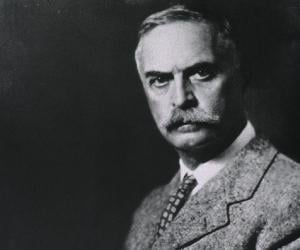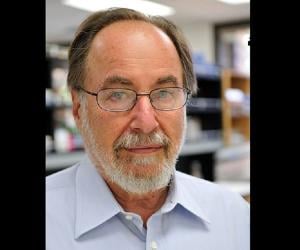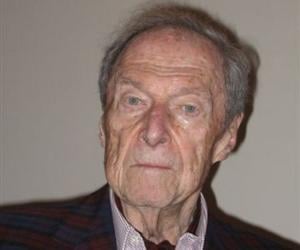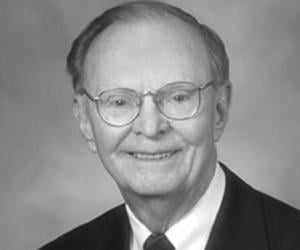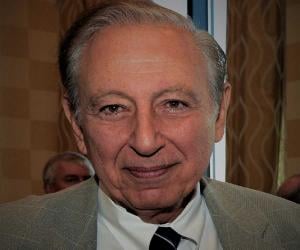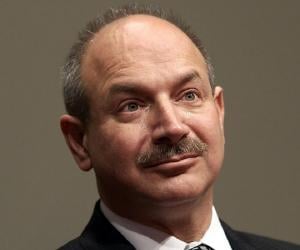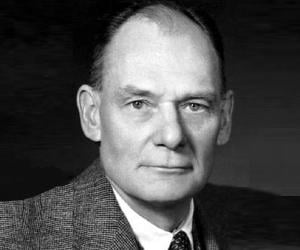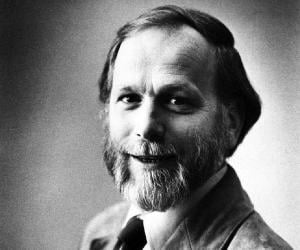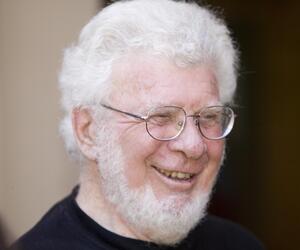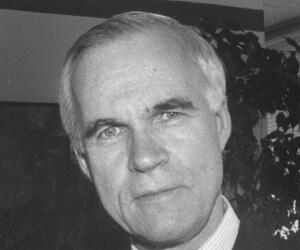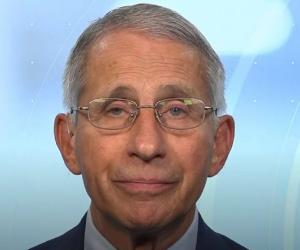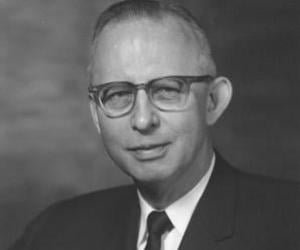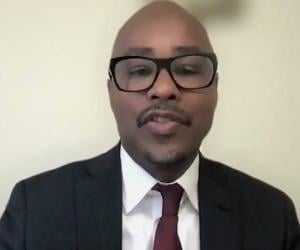1
Karl Landsteiner
(Physician)
Birthdate: June 14, 1868
Sun Sign: Gemini
Birthplace: Vienna
Died: June 26, 1943
Karl Landsteiner was an Austrian American biologist, physician, and immunologist known for his groundbreaking contributions to the field of transfusion medicine. He developed the modern classification system of blood groups by identifying agglutinins in the blood, distinguishing the main blood groups in 1900. In collaboration with Alexander S. Wiener, he identified the Rhesus factor in 1937, revolutionizing blood transfusions. Additionally, he co-discovered the polio virus in 1909. Landsteiner received prestigious awards such as the Nobel Prize in Physiology or Medicine in 1930 for his significant discoveries in the field.
